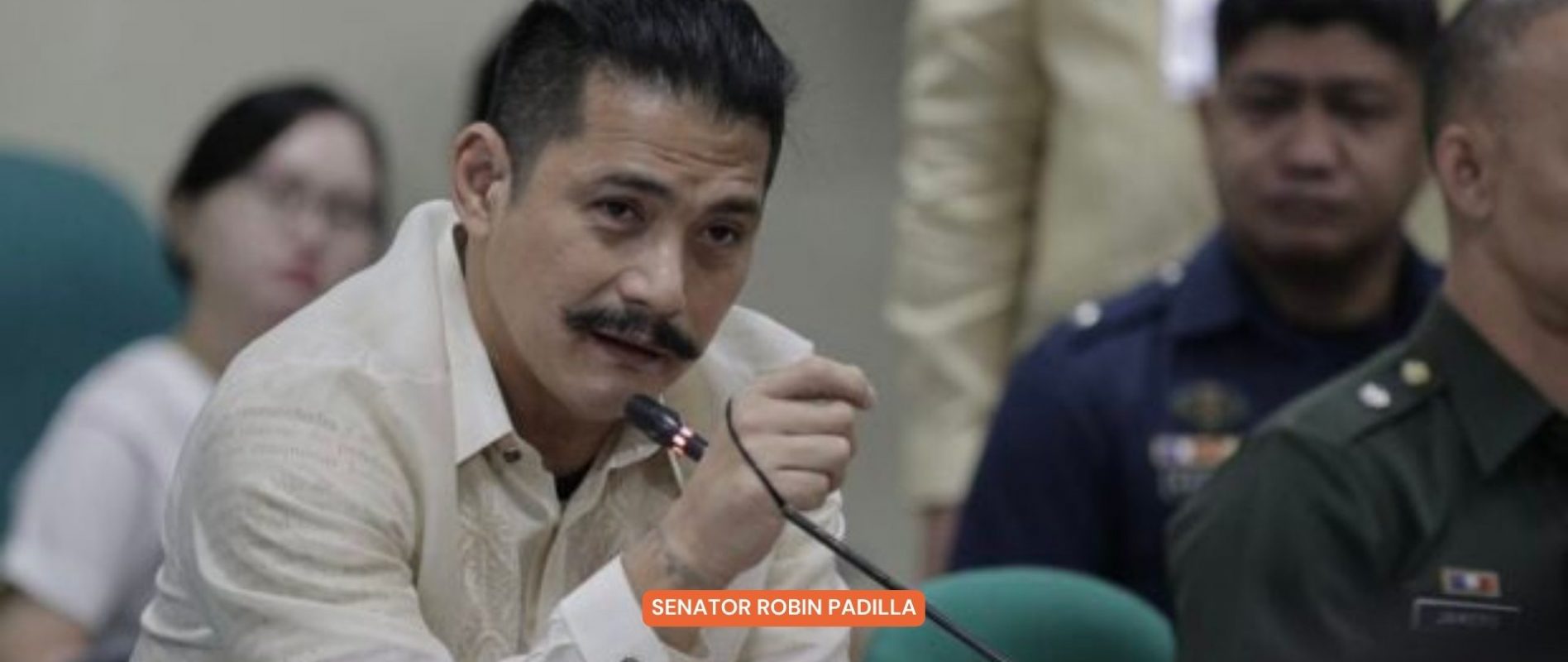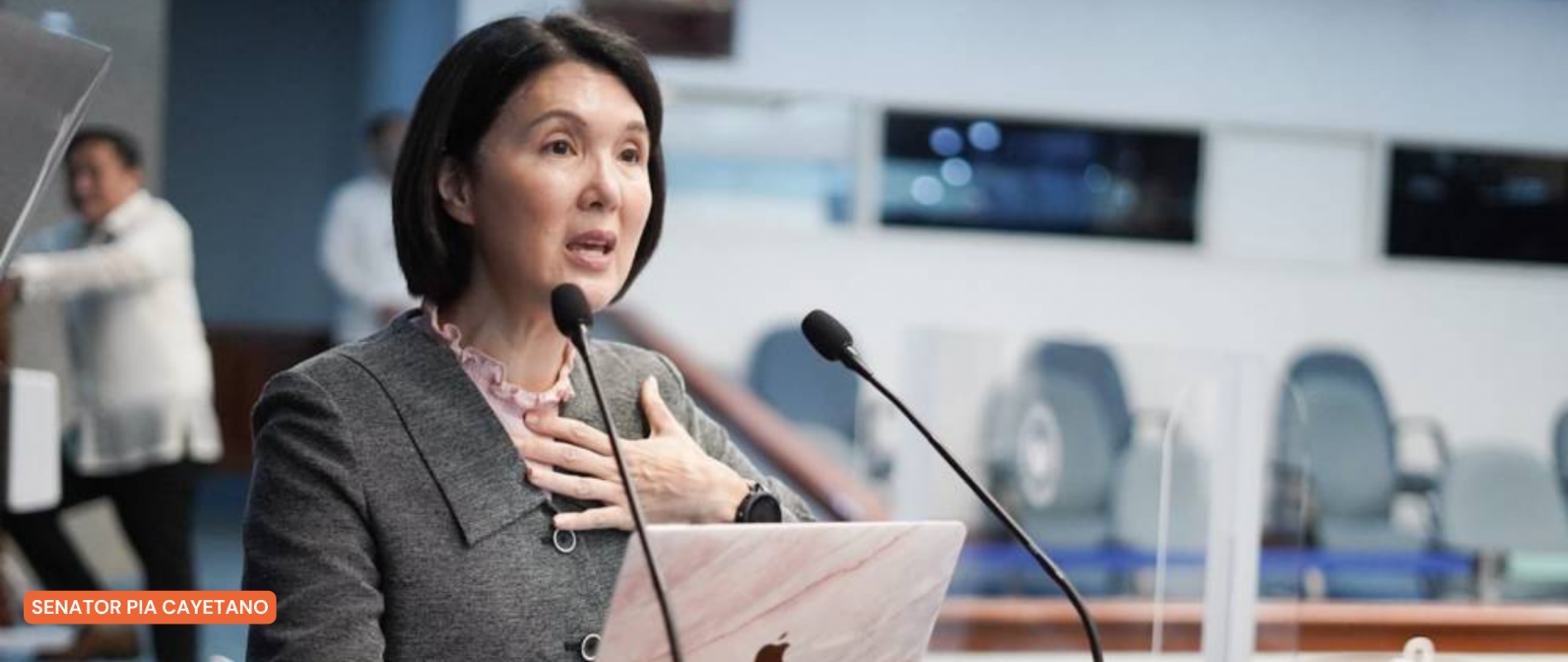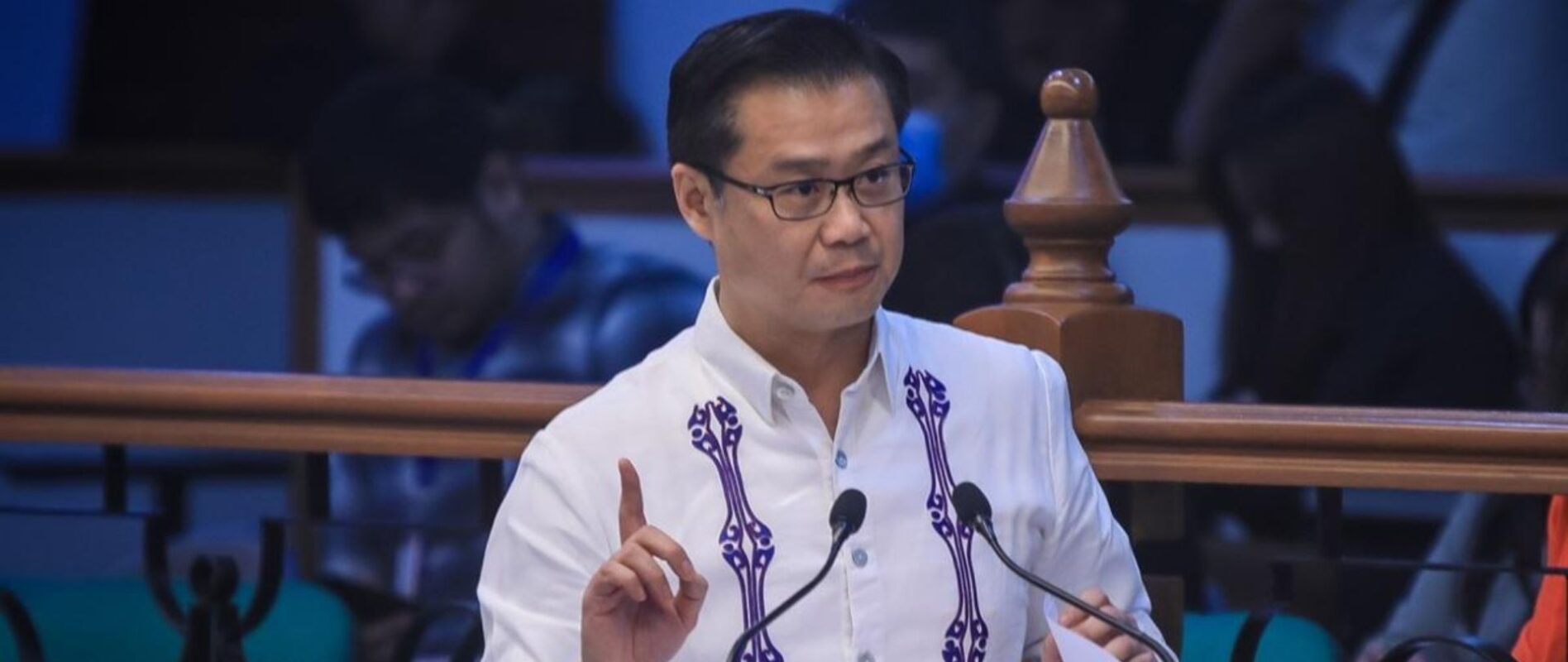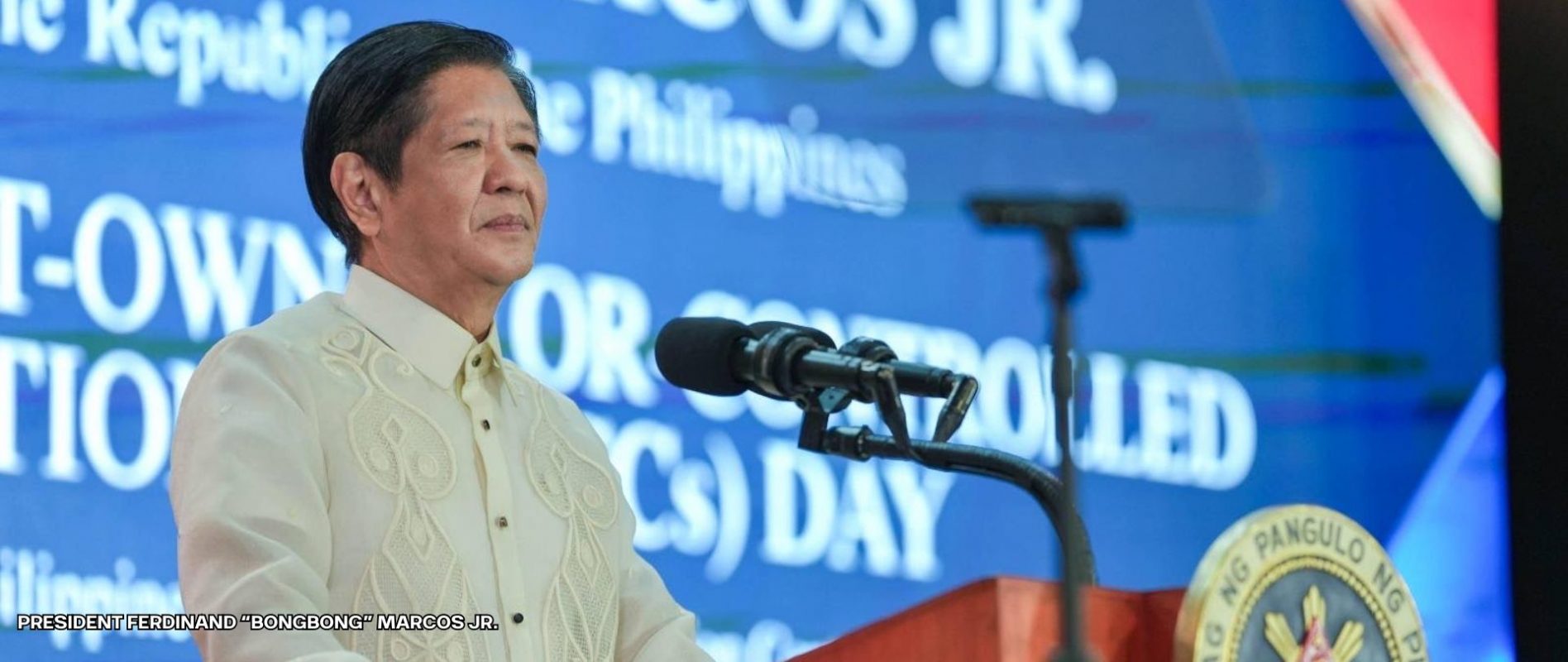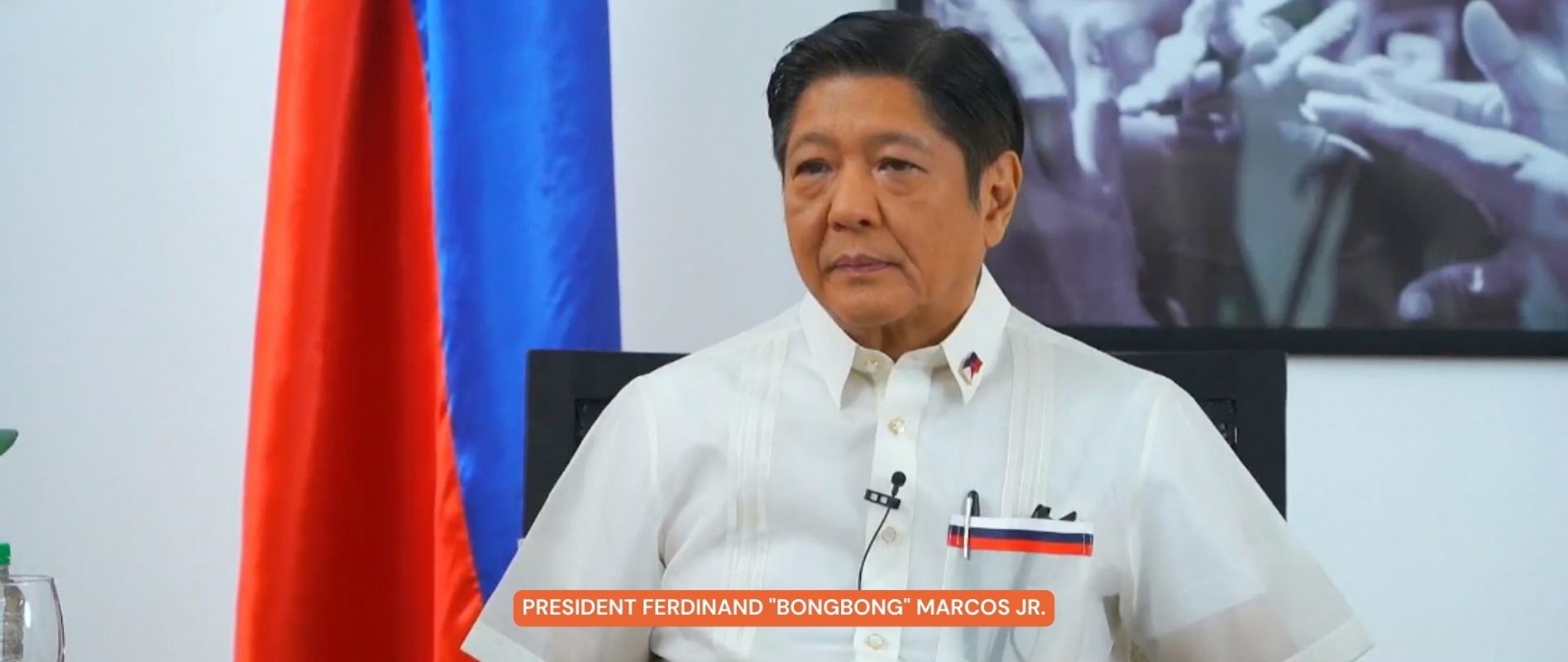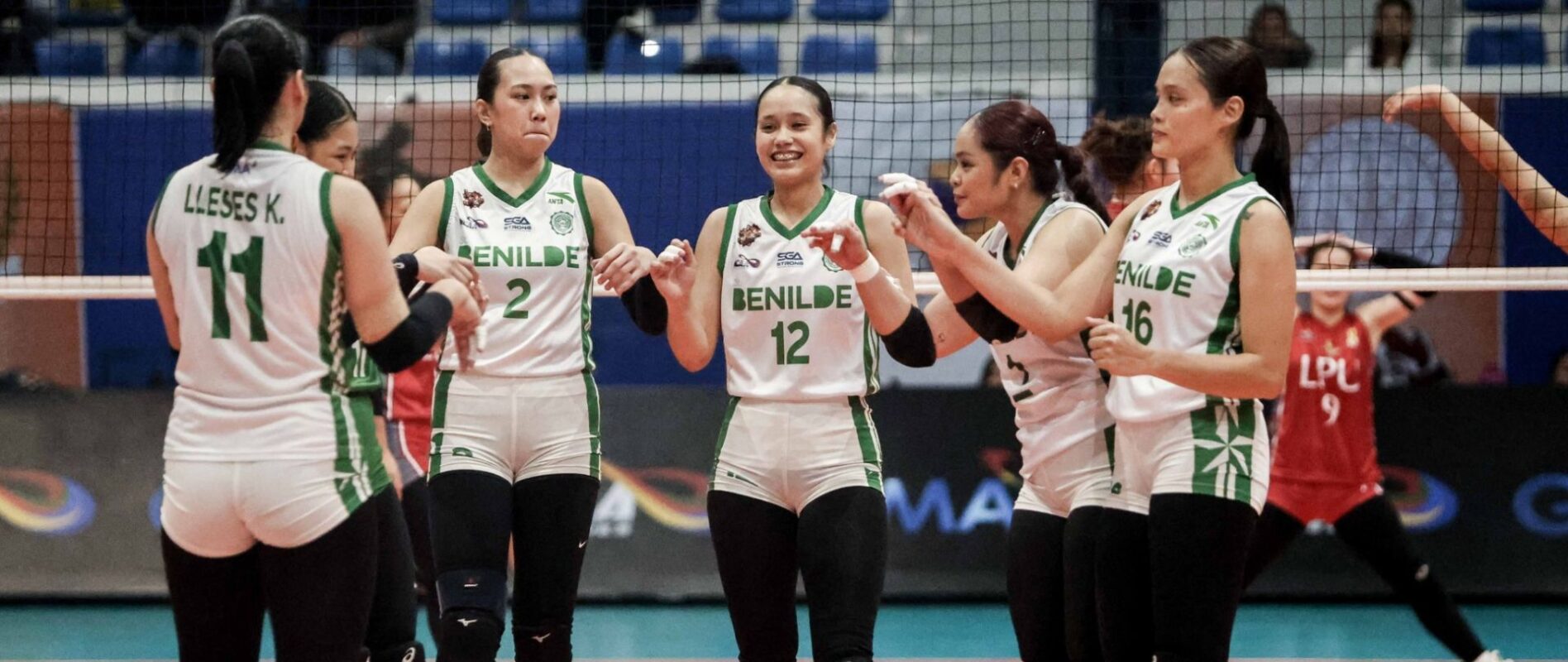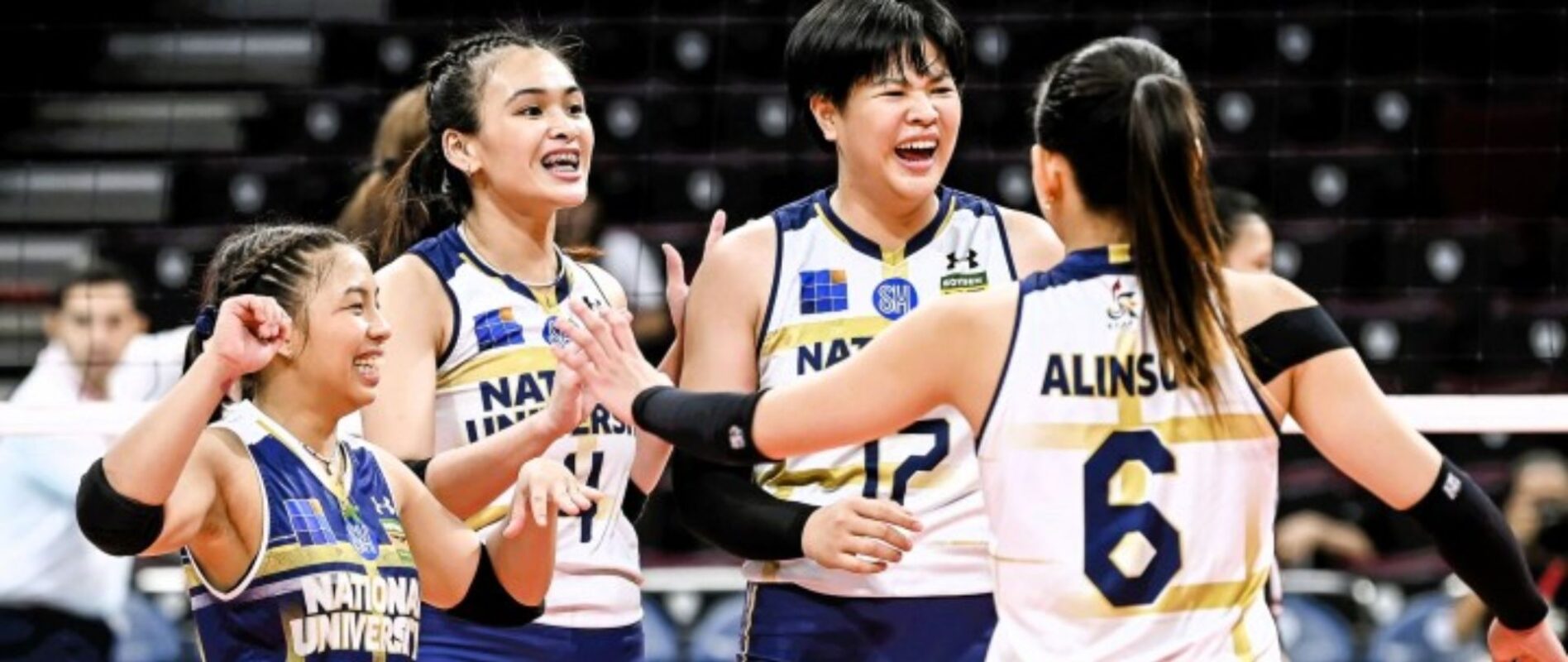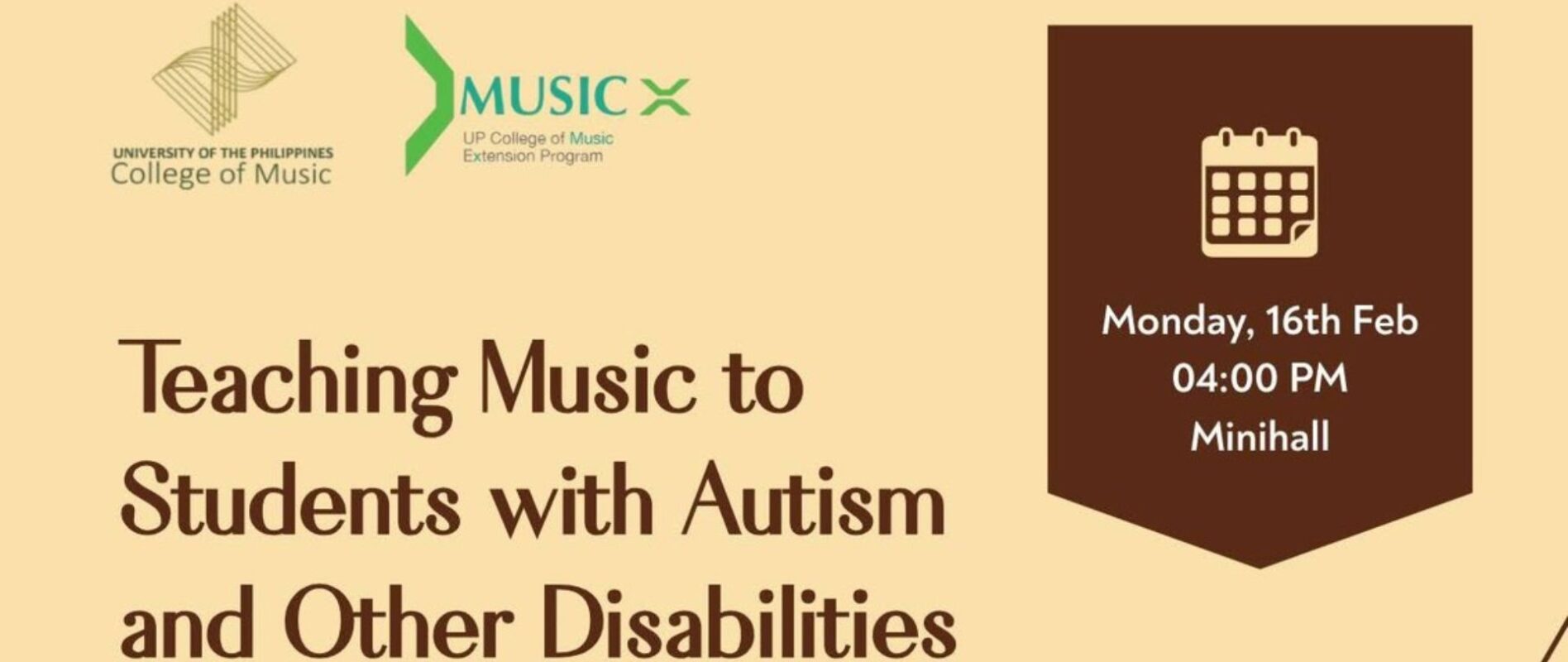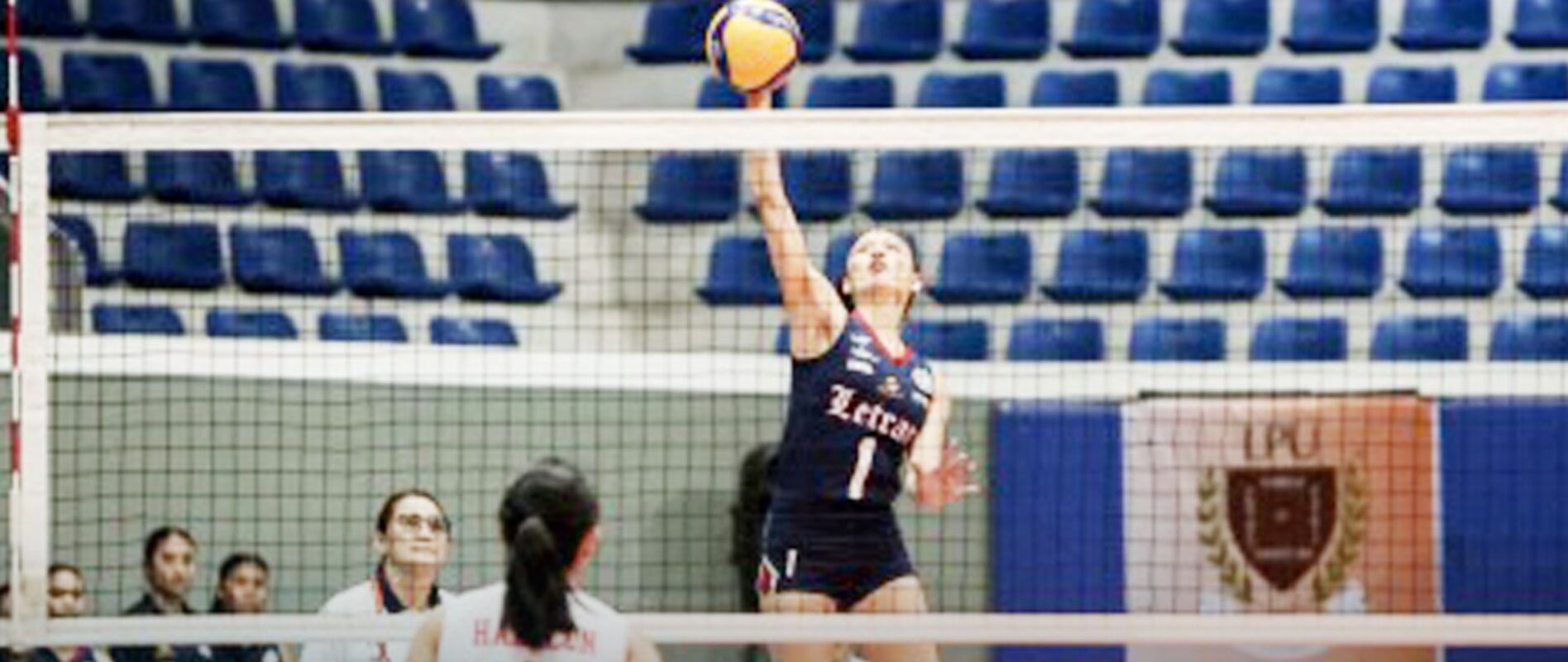MMSU TO TRAIN ILOCANO WOMEN ON SOAP MAKING
TO SPUR resiliency in Ilocano communities, the Mariano Marcos State University will train women in Ilocos Norte on organic soap making.
The university will tap the $10,000 grant it received from the US Department of State’s Citizen Diplomacy Action Fund for the project.
A team will train at least 50 women using the facilities of the National Bioenergy Research and Innovation Center.
MMSU President Shirley Agrupis said that the project aims to empower rural women to protect their families and to alleviate poverty in the province.
The training program will be spearheaded by then US Fulbright fellow Dr. Fiorello Abenes, and MMSU’s chief for student development Dr. Jan Rich Guira.
“The World Health Organization and the Philippine Department of Health recommend washing hands with soap frequently to prevent the spread of coronavirus. Soap making is an easy enterprise that families can get into,” Abenes said.
“In addition to making enough soap for their own family use, the knowledge and skills gained by participants from this training could very well become a source of additional income for the participants. With the ‘Starting an Organic Soap’ business component, they could start a small business in their communities,” he added.
“Except for NaOH (caustic soda or lye), raw materials, such as coconut oil, salt, and fragrant flowers like ylang-ylang and jasmines are readily found in kitchens or backyards. This ensures that all participants will be able to apply their learning even when they go back to their families and create low-cost but effective soap that they can use for washing and bathing,” Guira said.
Dr. Roque Ulep, USAID-STRIDE post-doctoral fellow, said the quality of the soap to be produced during the training is on a par with other commercial soaps.
“We will motivate our trainees to be guerilla scientists in their own communities to produce a rippling effect. Sustainability of the project will be achieved through enabling the participants to cascade their training in their own towns or barangays,” Roque said.


